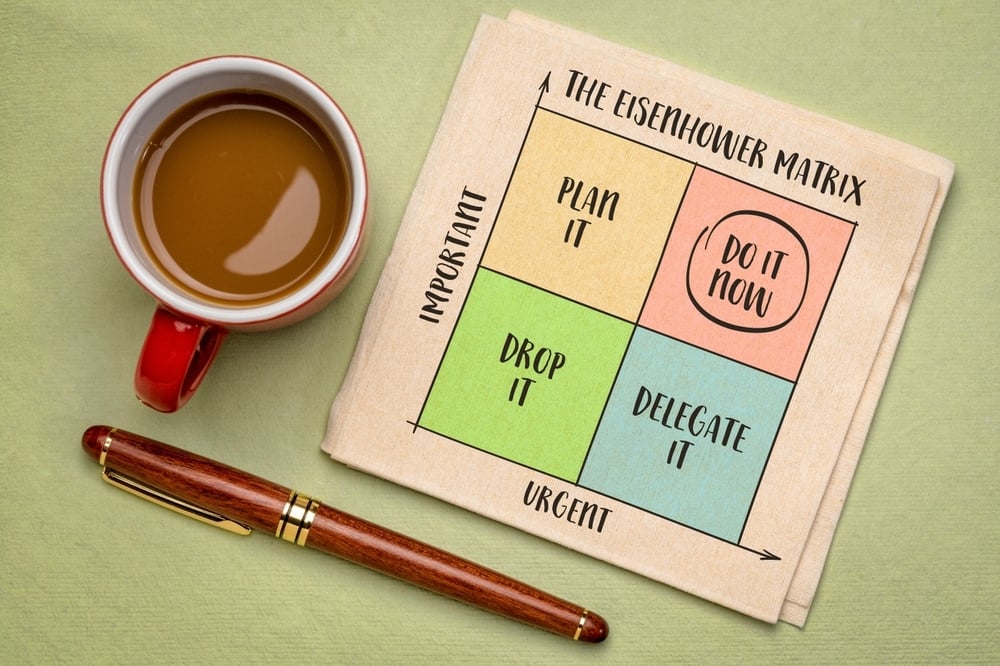
Let’s make lockdown as relevant as moofing
by Ed Reid
Listen to Audio Version:
I have enough to worry about with Newcastle. But I must start this week with a word of sympathy for Dean Smith, the manager of Aston Villa. At the weekend he saw his team go down to a 2-1 home defeat, with a late penalty decision overturned by VAR.
“I don’t know what the rules are any more,” wailed the Villa boss.
Dean, mate, you’re not alone. I’m not sure any of us know what the rules are any more – or what they’re going to be.
I’m talking now not about football but about lockdown. For now, we do at least know that over Christmas up to three households will be able to stay together and ‘form a Christmas bubble’ from December 23rd to 27th. There are though, plenty of voices – expert and otherwise – saying that the restrictions should stay in place. That the virus will not take a Christmas holiday: that the ghost of Jacob Marley will arrive, not carrying the chain he forged in life, but struggling to breathe and with a fever.
But the Government are already talking of restrictions staying in place until Easter and of harsher tiers post-Christmas. Goodness knows what will happen if there’s a third spike in the virus – as seems entirely possible.
But we’re business owners: we’re directors. We have people relying on us. We have to chart a course through it all.
As long as I’ve been writing this blog the second post in November has always been a simple one. ‘Time to make plans for next year.’ We’ve still got to do it – and no, pulling out ‘Targets for 2020’ and adding a year isn’t going to work…
So what will 2021 bring? Well, hopefully by Easter it’ll have brought a vaccine. ‘Back to normal’ by Easter say the headline writers. I very much doubt it: as I’ve written previously, the pandemic has accelerated trends that might otherwise have taken 20 or 30 years – the rest of our working lives – to arrive.
Now SMEs have had to deal with them in less than a year and – despite the Government help – plenty of them are struggling, while the grip of big tech intensifies. I like the acronym FAANG: Facebook, Apple, Amazon, Netflix and Google. I don’t like their increasing dominance of both the stock market indices in the US and the next President’s inner circle.
Small businesses – especially in the hospitality and leisure sectors – simply cannot survive another lockdown and/or ever harsher tiers. The Government cannot sacrifice the small trader, allowing Amazon to mop up the independent shops.
What then should we do as we face 2021? We can do three things.
First of all – not as business owners but as consumers – we can make a determined effort to support our small, local businesses. I am as guilty as the next person. I needed some glue to fix Rory’s glasses: I couldn’t go out so I bought it on Amazon. We’re all buying things – batteries, pens, notebooks – from Amazon that we’d normally buy on the high street. So one of my personal goals for next year is to shop local – and shop often.
As business owners we need to plan for next year, even though the ‘Threats’ section of the good old SWOT analysis is as murky as it’s ever been. But there’s a silver lining.
Every single business owner I’ve spoken to has, over the last nine months, discovered ‘Strengths’ they didn’t know they – and the people they work with – had. ‘What does not destroy us makes us stronger’ – and we’ll all come back a lot stronger and wiser in 2021.
We should also aim to be a lot more flexible and agile. (I’m talking business, not waistline…) If 2020 has taught us anything it’s that we’re now living in a world where this week’s impossible is next week’s news. Our businesses cannot be too reliant on one customer or product. We have to make sure that invoices are paid on time. And thinking the unthinkable – and preparing for it – has to be as much a part of management meetings as ‘Plans and Targets for Next Month.’
A word of housekeeping before I finish. Time constraints meant that the blog for this week was written on Wednesday morning – before I’d heard the Chancellor’s Spending Review. I’ll comment on that – and on the hopefully-concluded Brexit deal – in the last post of the year on December 11th. I’ll also look back on the year. Not that much has happened…
But let me leave you on a positive note. Every year the Collins Dictionary chooses a ‘Word of the Year.’ This year – to no-one’s surprise – it’s lockdown: the imposition of stringent restrictions on travel, social interaction and access to public spaces.
Given that the Oxford vaccine apparently costs less than a coffee, could next year’s word be ‘Vaccaccino?’ Let’s hope so. But let’s also look at some previous ‘words of the year.’ In 2005 the American Dialect Society declared their WotY was ‘truthiness.’ A year later it was ‘plutoed.’ In 2008 ‘moofing’ made the shortlist. The next year there was an attempt to re-brand fish as ‘sea kittens.’ Do we use or remember any of those terms today? No. Moofing (mobile, out of office) isn’t even recognised by the spellchecker.
Let’s hope – let’s determine – that as we face 2021 stronger, more focused, more agile and ever more supportive of each other, ‘lockdown’ gradually comes to be as important, and as memorable, as ‘moofing.’
Related articles

Let's Go Wandering
Jonathan O'Shea, our facilitator in Bristol, muses on how little we happen upon something new in this modern, digital world.

On the spot: Dave McCartney - TAB Leeds North and Centre
TAB Business Coach based in Leeds, Dave McCartney answers questions about his life, opinions and his experience in business.

How to effectively grow an SME business
From developing a clear business plan to investing in tech and building strong partnerships, this blog provides valuable insights for scaling your business





